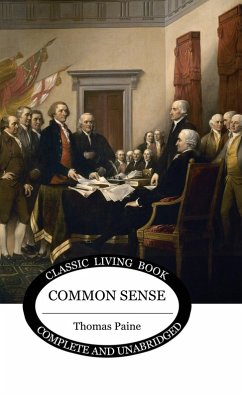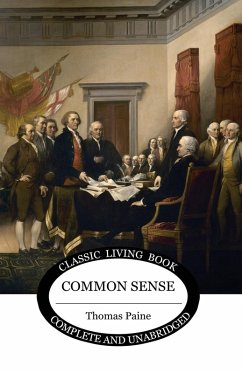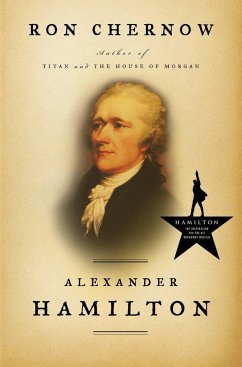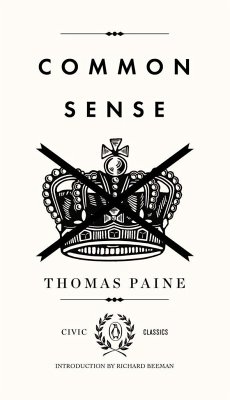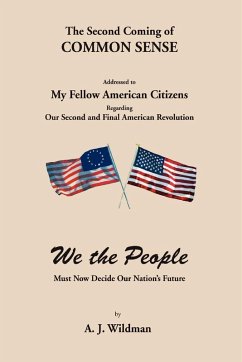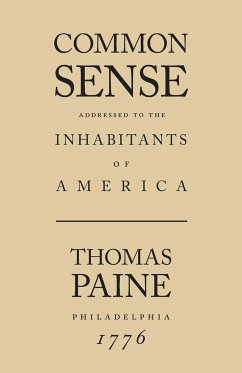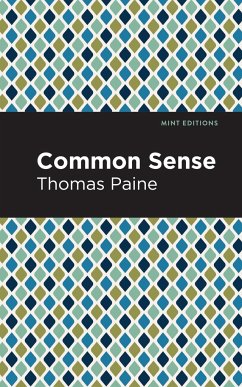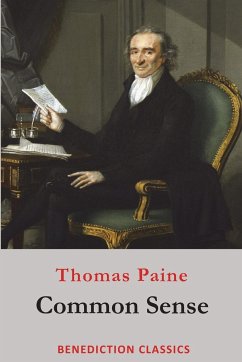
Common Sense
Versandkostenfrei!
Versandfertig in 1-2 Wochen
8,99 €
inkl. MwSt.

PAYBACK Punkte
4 °P sammeln!
Thomas Paine's Common Sense is just that - a simple passionate presentation of the case against monarchy, and for American Independence. But it was also much more: An inflammatory immediate best seller. It was reprinted numerous times in its first year and remains the all-time best selling American title. Today it is read for its place in history and as an example of persuasive writing. This is the Bradford edition of 14 February, 1776. It includes Paine's appendix urging an immediate declaration of independence, and his Appeal to the Quakers. "No writer has exceeded Paine in ease and familiar...
Thomas Paine's Common Sense is just that - a simple passionate presentation of the case against monarchy, and for American Independence. But it was also much more: An inflammatory immediate best seller. It was reprinted numerous times in its first year and remains the all-time best selling American title. Today it is read for its place in history and as an example of persuasive writing. This is the Bradford edition of 14 February, 1776. It includes Paine's appendix urging an immediate declaration of independence, and his Appeal to the Quakers. "No writer has exceeded Paine in ease and familiarity of style, in perspicuity of expression, happiness of elucidation, and in simple and unassuming language." -- Thomas Jefferson.. "A pamphlet called 'Commonsense' makes a great noise. One of the vilest things that ever was published to the world. Full of false representations, lies, calumny, and treason, whose principles are to subvert all Kingly Governments and erect an Independent Republic." -- Nicholas Cresswell. "I dreaded the effect so popular a pamphlet might have among the people, and determined to do all in my Power to counteract the effect of it." -- John Adams.






